Questioning Program
Academic studies in our classes are carried out setting off from the teaching – learning curriculum put forward by the Ministry of National Education and based on a questioning program taking into consideration the curiosity of students. By forming a relation between the basic elements of PYP, knowledge, concepts, skills, attitudes and actions with other disciplines, they are planned to create a horizontal and vertical spiral perspective above disciplines. The subjects to be covered at each age level are gathered under the six basic themes of PYP.
PYP TRANSDISCIPLINARY THEMES

WHO WE ARE
An inquiry into the nature of the self; beliefs and values; personal, physical, mental, social and spiritual health; human relationships including families, friends, communities, and cultures; rights and responsibilities; what it means to be human.
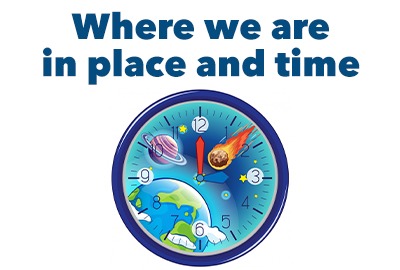
WHERE WE ARE IN PLACE AND TIME
An inquiry into orientation in place and time; personal histories; homes and journeys; the discoveries, explorations and migrations of humankind; the relationships between and the interconnectedness of individuals and civilizations, from local and global perspectives.
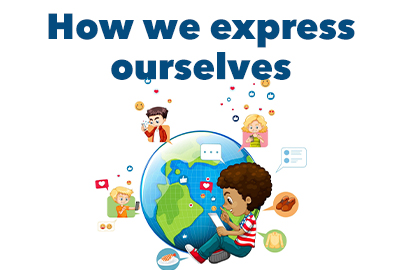
HOW WE EXPRESS OURSELVES
An inquiry into the ways in which we discover and express ideas, feelings, nature, culture, beliefs and values; the ways in which we reflect on, extend and enjoy our creativity; our appreciation of the aesthetic.
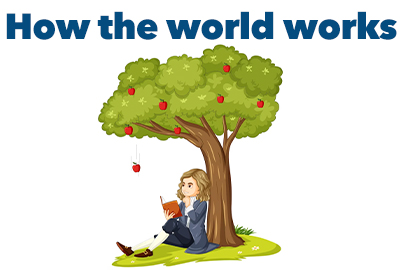
HOW THE WORLD WORKS
An inquiry into the natural world and its laws; the interaction between the natural world (physical and biological) and human societies; how humans use their understanding of scientific principles; the impact of scientific and technological advances on society and on the environment.
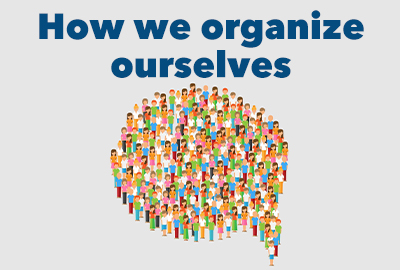
HOW WE ORGANIZE OURSELVES
An inquiry into the interconnectedness of human-made systems and communities; the structure and function of organizations; societal decision-making; economic activities and their impact on humankind and the environment.
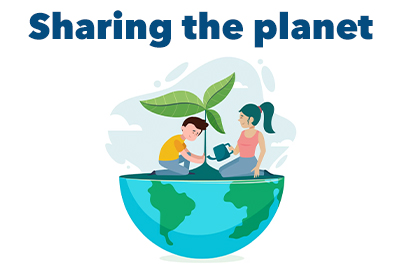
SHARING THE PLANET
An inquiry into rights and responsibilities in the struggle to share finite resources with other people and with other living things; communities and the relationships within and between them; access to equal opportunities; peace and conflict resolution.

ACTION How do we want students to take action?
For education in PYP to not only cover social responsibility attitudes but also action, it is believed that it must go beyond the mind. The expectation of PYP, is responsible action started by the student at the end of the learning process and successful questioning. This action will have a broader social impact or develop what has been learned by the student, and will differ in each age range. PYP schools, can and must experience for all learners, the choice to act in order to make a difference in the world and on the world, to make decisions aware of their own actions, and the opportunity to think on these actions.


